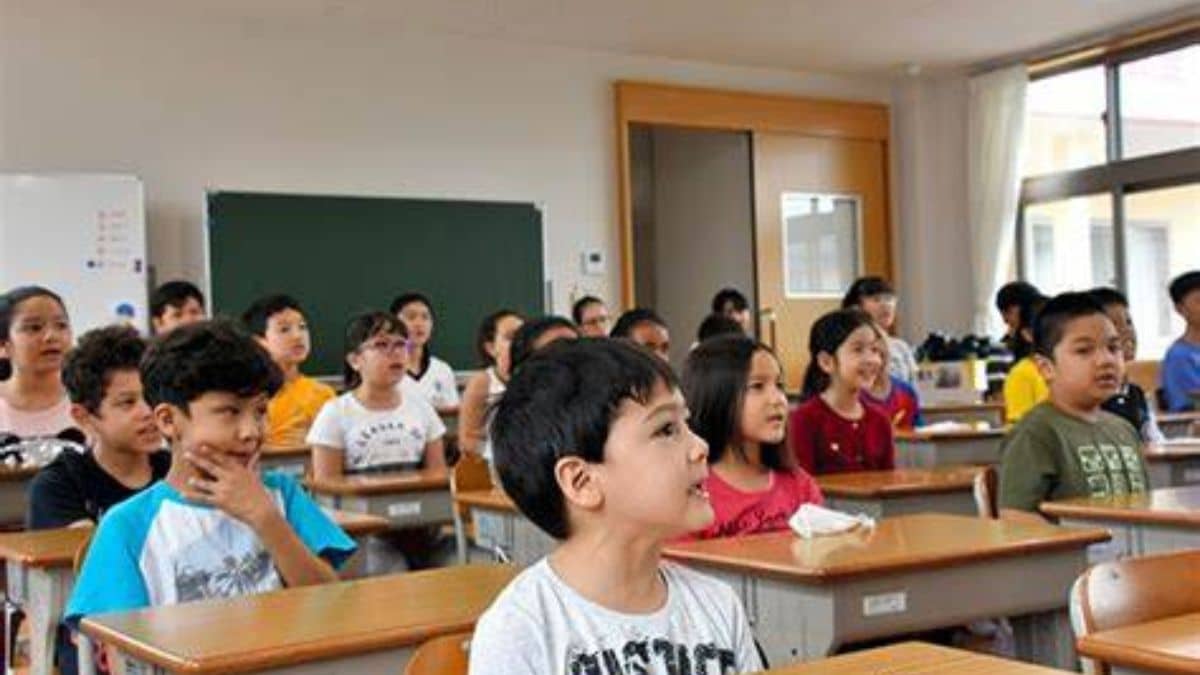Japan’s foreign population continues to grow, and the number of school-aged children needing support to learn the Japanese language has surged, presenting significant challenges for the country’s educational system. Concurrently, concerns are mounting over reports that 8,601 foreign children of school age may not be attending school, raising alarms about their access to education.
According to the latest data from Japan’s Ministry of Education, the number of foreign children requiring assistance with Japanese language skills has steadily increased in recent years. This trend reflects the broader demographic shift as Japan opens its doors to more foreign workers to address its declining population and labour shortages. Many of these children face significant language barriers, which can impede their ability to integrate into the Japanese school system and access the same quality of education as their peers.
Schools across Japan are struggling to meet the demand for specialized language programs. Educators have expressed concern that the existing resources are insufficient to adequately support these students, particularly in regions with higher concentrations of foreign residents. Some schools have implemented additional language classes and hired more bilingual teachers, but the gap between need and availability remains wide.
Simultaneously, the discovery that over 8,600 foreign children may not be attending school has raised serious questions about their welfare and the effectiveness of outreach programs designed to ensure that all children receive an education. The reasons behind these absences are complex, ranging from language difficulties and cultural differences to socio-economic challenges faced by foreign families.
The Japanese government has vowed to address these issues by improving language support services in schools and enhancing efforts to track and enrol foreign children who are out of the education system. Local governments are also being encouraged to work more closely with community organizations that support foreign residents.

